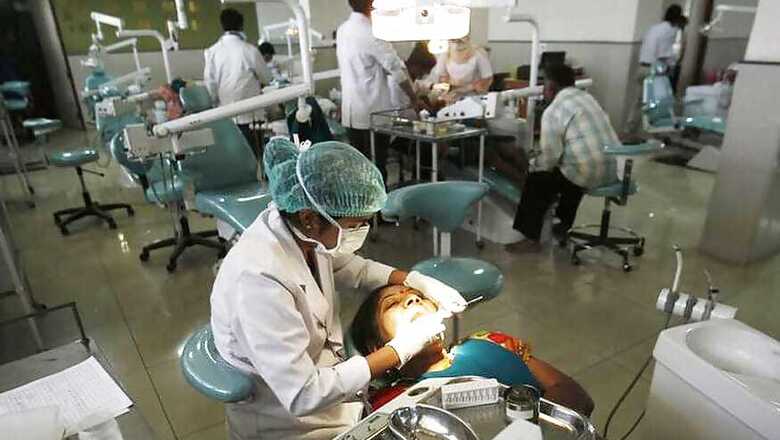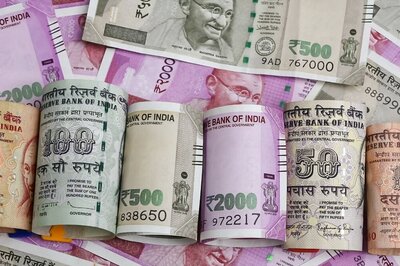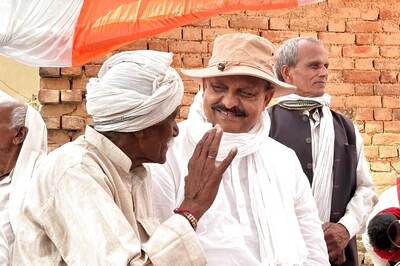
views
New Delhi: The Indian Medical Association (IMA), country's largest voluntary organisation of doctors, on Monday, rushed into crisis control on behalf of the private health sector and announced a series of reforms. If legally enforced, the IMA claims these recommendations would strengthen healthcare in both public and private sector.
From preventing overcharging and over investigation, to informing patients of bed availability and options, the correct cost of each service, to even bringing in a transgender policy in line with Supreme Court directives, the IMA's 31-item list ran through a whole gamut of best practices.
There had been mutterings and threats of a strike by Delhi doctors over the Delhi government cancelling the license of Max Hospital's Shalimar Bagh branch, last week.
However, the IMA said on Monday that they didn't want to lose public trust by agitating and, as the big brother in the equation, had told the Delhi Medical Association to stand down.
The Delhi government's action came after doctors at Max Shalimar Bagh wrongly pronounced a newborn dead. This, coupled with Fortis hospital, Gurugram, overcharging the family of a seven-year-old, who died of dengue, by the 700 percent, has put private healthcare in tight corner.
Though the IMA recommendation are not new in nature, the body's president, Dr KK Aggarwal, said that they could stem corruption and malpractice.
For example, doctors should explain why each and every test is necessary to the patient to stop over investigation, the hospital should explain what all wards are available and how much cost of services with each, a team should guide needy patients to services and facilities meant for them. Doctors should give an estimate of treatment that is close to the actuals, plus/minus 10 percent; doctors should not neglect patients or ask them to shift to another hospital once they've taken charge. Importantly, the choice of drugs and devices should rest with the doctors, not the management that might mandate the use of expensive products aimed at getting the hospital a profit.
The IMA asked the government to take responsibility too, by classify all disposable as part of the National List of Essential Medicines (NLEM) or not, and cap the prices of the former. It called on the state government to take charge of emergency response, and time other subsidise the cost of expensive ICU and emergency facilities in private facilities, or pay for those who couldn't.
The IMA can only bring out recommendations, as a voluntary body it cannot legally enforced any of these measures. Aggarwal said that the IMA was in conversation with the Medical Council of India (MCI) and the Delhi Medical Council (DMC), and had written to the union health secretary and the Delhi government to take these recommendations on board as part of a mandatory code of ethics.
Dr. Girish Tyagi, registrar with the DMC told News18 that there was a need for transparency. Though he hadn't read through IMA's recommendations, enforcing such measures would fall to the Delhi government which registered hospitals under the State Nursing Home Act.
The DMC, meanwhile has been following its own process against Max, as medical negligence falls under its ambit. As Aggarwal explained to News18, the Delhi government had circumvented government procedure by cancelling the Shalimar Bagh branch's license and shutting down the hospital overnight, leaving both patients and the staff stranded. Hence, the anger in the medical fraternity.
"The government is authorised to check the negligence of a hospital, not of doctors," he said. This is by law, he added, and the government should trust its own system, and have let the DMC investigate whether the whole hospital was at fault or a few doctors. They could have, meanwhile, suspended the IPCU department, pending investigations. The government has not respected the principle of natural justice, said Aggarwal.
Tyagi spoke cautiously about the Delhi government's actions. He called it brave, as it would send a message to all other private hospitals, but extreme as it hurt doctors and patients both. Currently, the DMC has served the hospital a notice and is expecting a reply from Max, and the doctors in question, about the case.


















Comments
0 comment